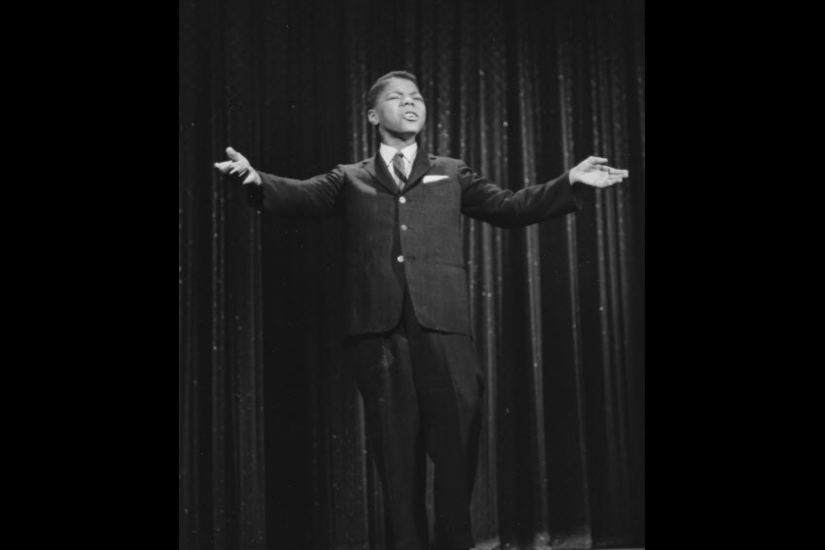America in the 1950s: postwar economy roaring, a chicken in every pot and two cars in every garage of the split-level house in Levittown, every cliché of union-made American middle-class prosperity held to be self-evident.
And music was a big part of that. Raucous and brawny, electrified, it felt like Chuck Berry, Little Richard, Elvis and Jerry Lee Lewis all fell from the sky at once. Frankie Lymon and the Teenagers, with their tight, upbeat harmony, were an important part of it, too. You can trace doo-wop back to the Psalms, hear it bubble up in the a cappella harmonies of Gregorian chant, or, by way of Africa and the Caribbean, from gospel quartets.
In America, beginning in the 1930s, the Mills Brothers and the Ink Spots were the popularizers of those intricate harmonies we recognize today as proto-rock ’n’ roll. Doo-wop was among the inheritors, a thousand street-corner groups and a thousand one-hit wonders. The Spaniels and the Five Satins and the Vocaleers, the Drifters and the Fleetwoods and the Moonglows, the Coasters and the Platters and on to Frankie Valli and modernity. In the 1950s, every high school stairwell in this country was loud with four-part singing. Even today the “Pitch Perfect” movie franchise owes its popularity to an a cappella tradition stretching back into pre-electric history.
“We harmonized every night on the street corner until the neighbors would call the cops to run us away,” Lymon told Ebony. But Frankie wasn’t doo-wop, not really. Doo-wop was group music. “Frankie Lymon was always different than that,” Robert Christgau, great-granddaddy of American rock critics and historians, will tell you. “He was the star.”
Frankie and his record producers and managers soon agreed he’d be a more profitable solo act, so off he went, leaving behind the Teenagers, and with them friendship and loyalty. He had another, lesser, hit—a recording of “Goody Goody,” sung by Bob Crosby and Ella Fitzgerald before him—before things cooled.
Then came the long, slow slide.
Ask any junkie and they’ll tell what they’re chasing is the feeling they got the first time they got high. But that first-time rush can never be recaptured, whether you’re talking about heroin or cigarettes or hit records.
Frankie was a heroin addict at 15 years old. He tried to kick, tried again and again and got straight for a while. Then his mother died, and he fell hard.
